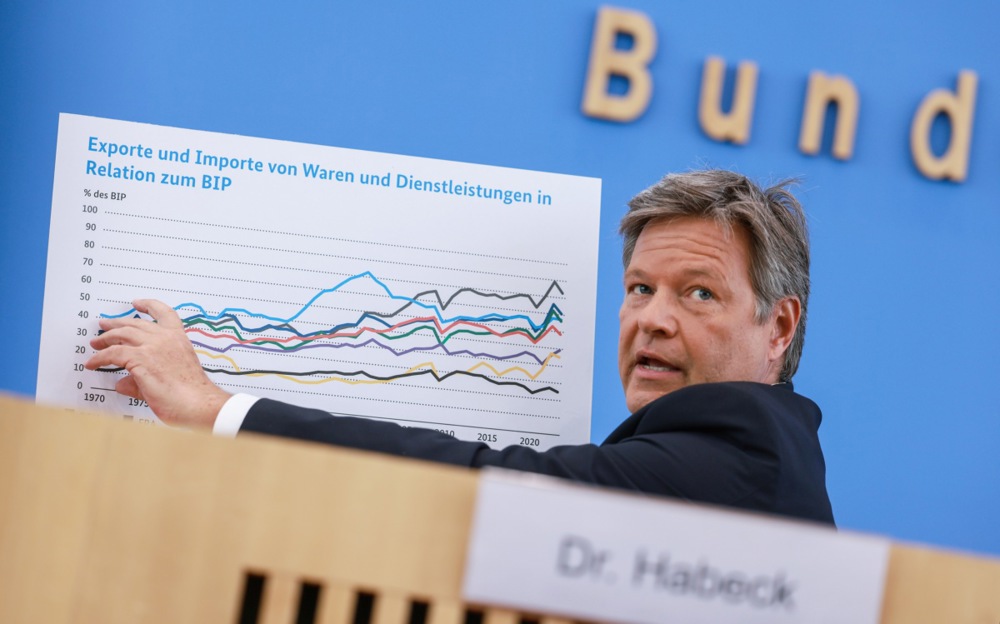A senior German politician has sounded the alarm about what he said would be the catastrophic effects of current climate policy on Germany’s industrial backbone.
Talking to Welt TV from the East German Energy Forum in Leipzig yesterday, Reiner Haseloff, a leading figure in the Christian Democratic Union (CDU) of Chancellor Merz, said Germany’s climate targets were unachievable “unless entire industries are lost”.
Officially, Germany still strives to become “carbon-neutral” by 2045.
That would be five years earlier than deadline for the European Union as a whole, said Haseloff, who is also Prime Minister of the German State of Saxony-Anhalt.
He said the world had changed since the European Green Deal – the EU’s timetable to achieve “climate neutrality” – was launched in 2019, citing the war in Ukraine, US economic policy and Germany’s severe economic crisis as examples.
“We need to modify the EU’s Green Deal and adjust the timetable to the new realities that have emerged globally,” Haseloff said.
He also criticised Germany’s energy transition, the State’s attempt to power the country using renewable energy rather than fossil fuels and nuclear power:
“We need to reflect whether the energy transition can be sustained as planned. The high electricity prices mean that our energy-intensive industries are under pressure. They are losing market share and are not competitive anymore,” Haseloff said.
“This gradually leads to deindustrialisation if we do not act now.”
He demanded a moratorium for the phase-out of Germany’s remaining coal-fired power plants as well as relief measures for the industrial sector.
“We have to liberate energy-intensive industries from restrictions such as emissions certificate trading. Only than can we manage to retain these industries.”
The Conservative politician added that industrial resilience also had implications for national security as Germany was getting ever more dependent on foreign countries with regard to steel, basic chemicals and even automobiles.
“We need to have a fundamental discussion in Brussels and in Berlin,” he concluded.
The 71-year-old Haseloff has been the Prime Minister of Saxony-Anhalt in Eastern Germany since 2011. He is set to retire after the State parliament elections in 2026. According to latest surveys 39 per cent of his constituents are going to vote for the right-wing Alternative for Germany party (AfD), while Haseloff’s CDU is down to 27 per cent.
In the Welt TV interview, he dismissed the polls as “a snapshot” and confirmed his party’s resolution not to co-operate with the right-wingers.
With his criticism of climate and energy policy, Haseloff joins a growing chorus of voices – which includes the CEOs of several German carmakers – who are demanding a departure from the EU’s zealous plans for climate neutrality.





